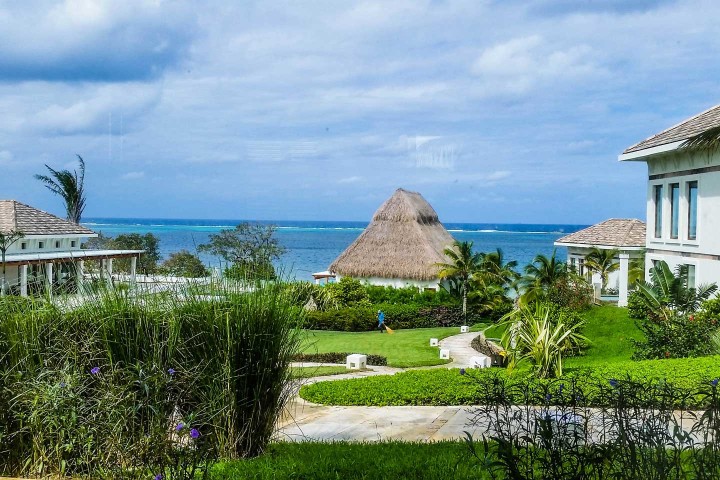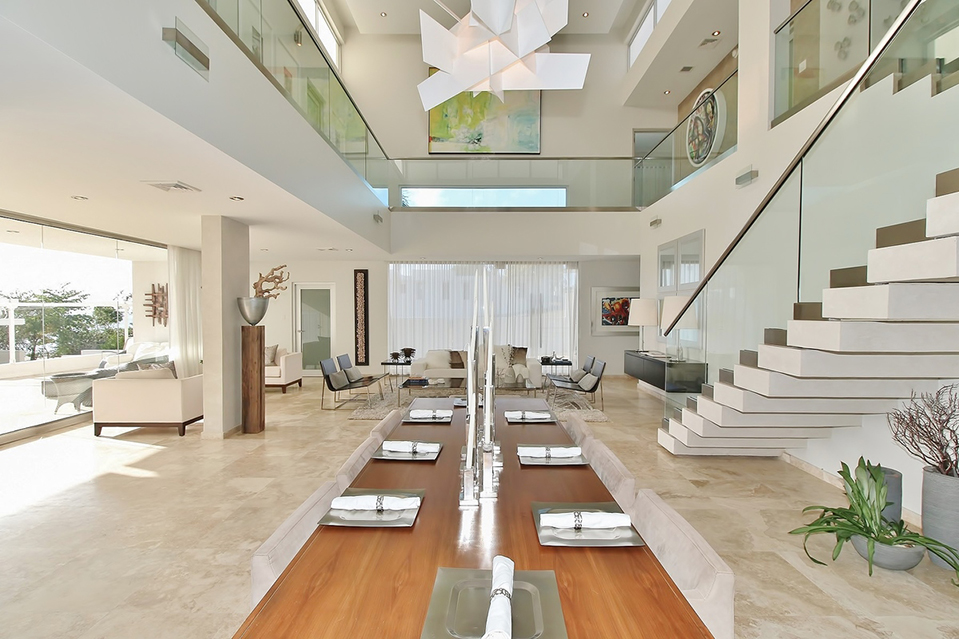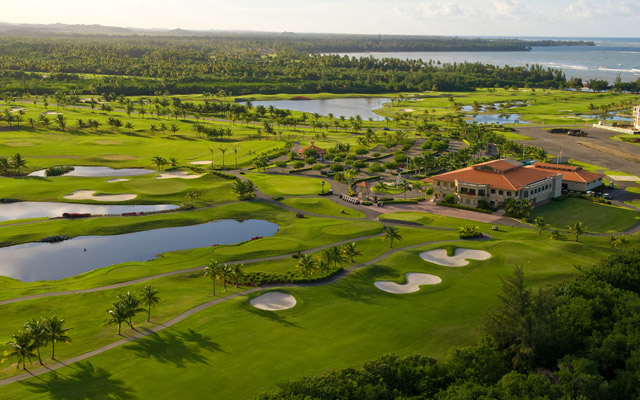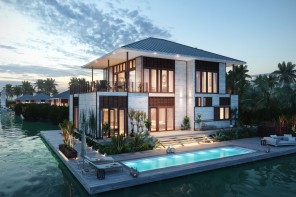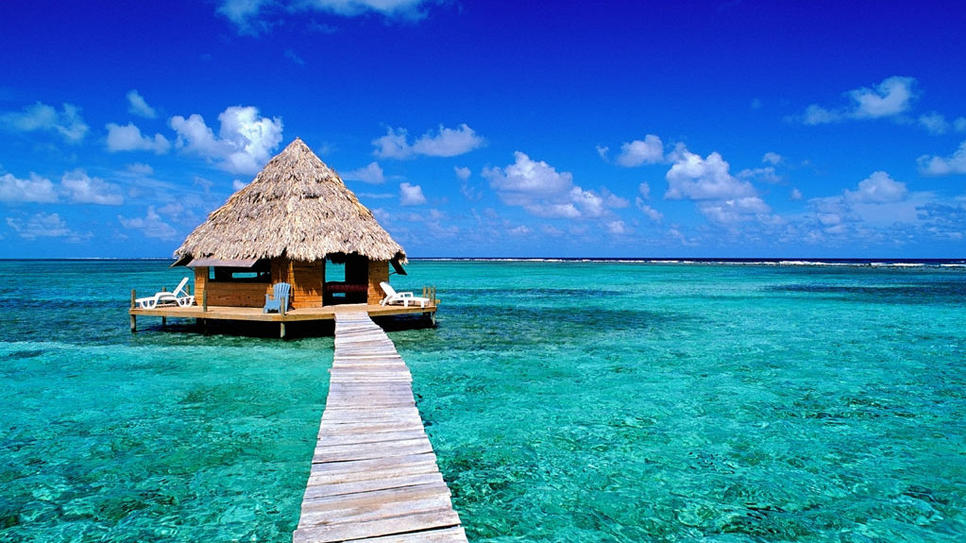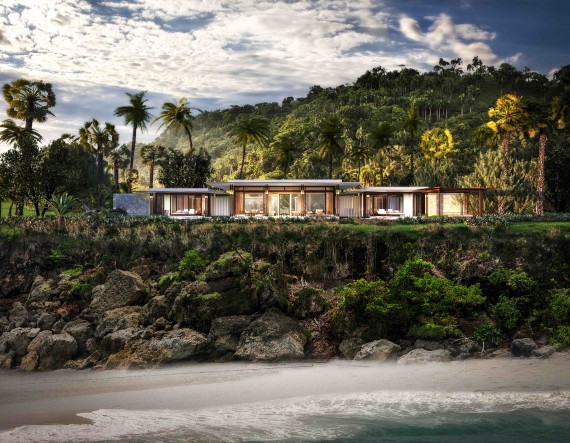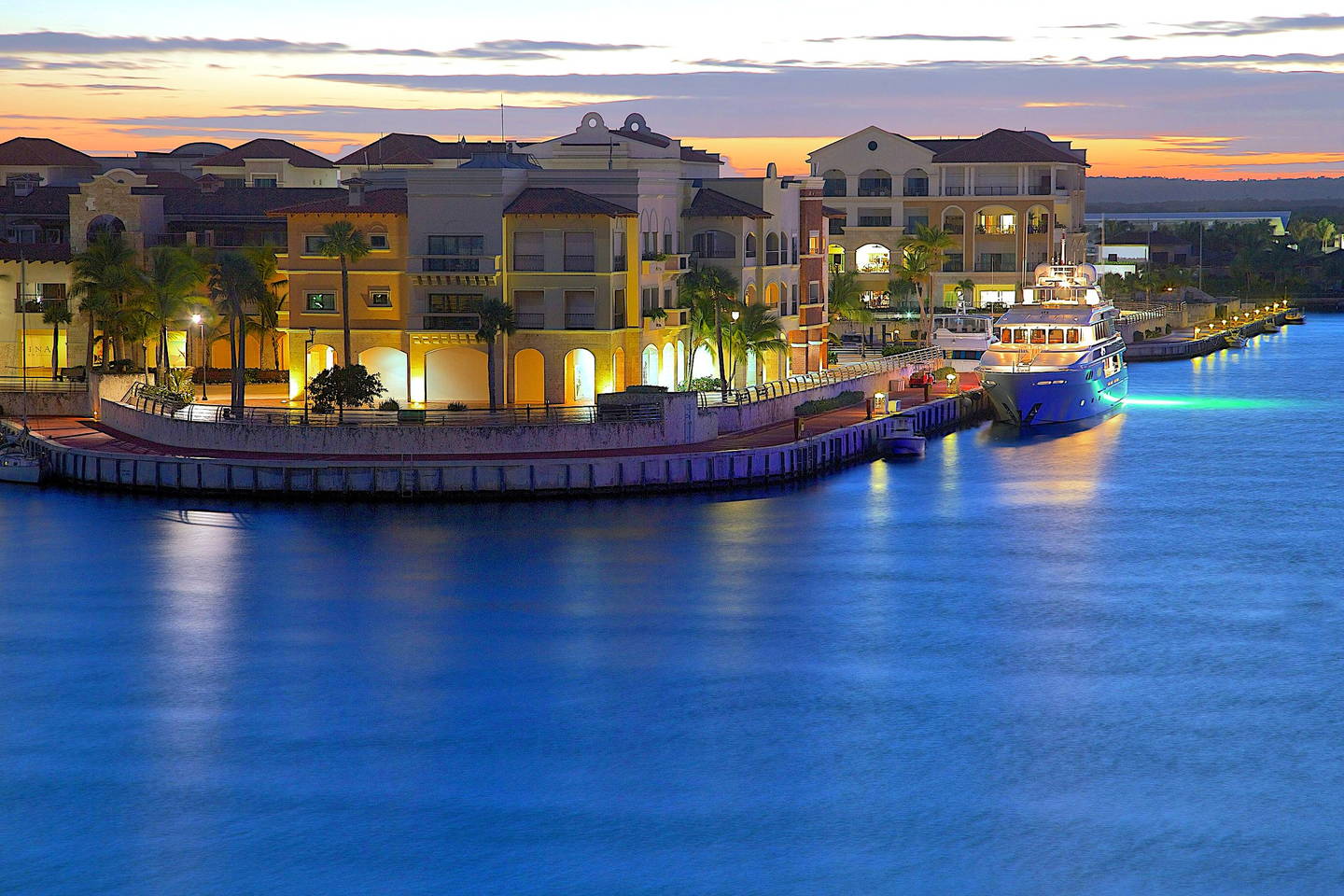This post is protected. To view it, enter the password below!
Home Prices in Dorado, Puerto Rico, Are Still Golden
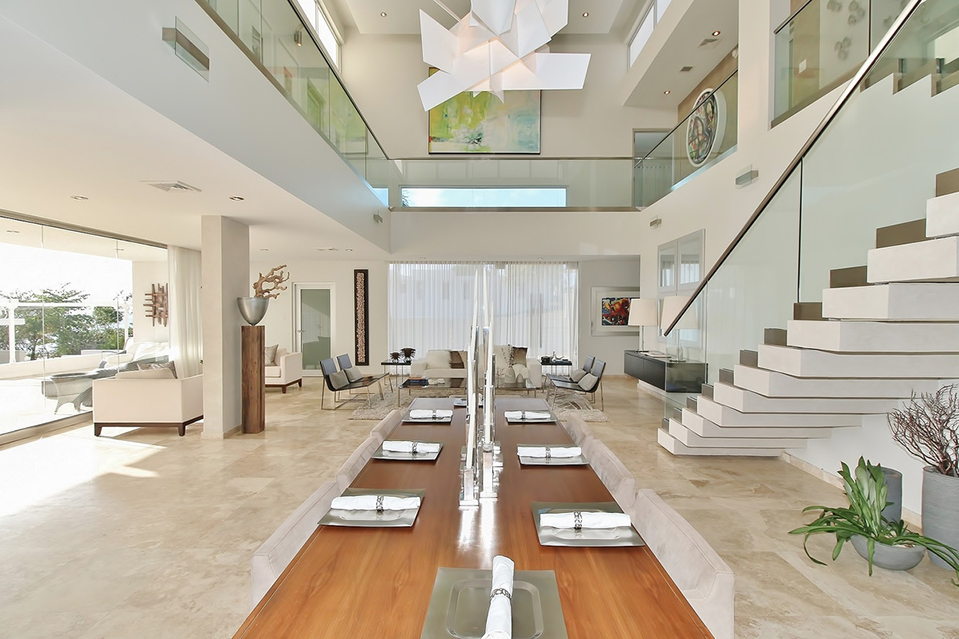
BY ANDREA LÓPEZ CRUZADO AT MANSION GLOBAL
With more storms forecast for Puerto Rico’s tumultuous economy, one spot on the island is still sunny. Dorado has seen a 15% increase in the median asking price of its properties from 2013 through February 2016.
In fact, this luxury destination on the northern coast of the U.S. commonwealth is the only city in Puerto Rico (of the island’s 13 largest) where asking prices have increased in the last three years, according to an analysis by Point2 Homes, a real estate search portal.
Point2 Homes analyzed price activity in cities with a population of over 13,000, including San Juan, Carolina, Ponce and Fajardo. In all but Dorado, prices went down from 2013 through 2016. Ponce suffered the biggest dip, at 35%; Guaynabo, another northern location popular with high-end buyers, saw the smallest drop, at 3%.
Puerto Rico is grappling with a 10-year recession and $70 billion in debt that is crippling growth. According to the Pew Hispanic Center, more Puerto Ricans are moving to the U.S. mainland than in any period since the Great Migration after World War II.
Still, the luxury real estate market continues to flourish.
Last year, Christie’s International Real Estate identified Puerto Rico as one of seven key real estate markets for “investment, exclusivity and getaways.” Sales of $1 million-plus properties— which represent 10% of the market—grew by 105% from 2013 to 2014, according to their 2015 “Luxury Defined” report.
The company attributes Puerto Rico’s flourishing prime property market to its status as a tax haven. Four years ago, significant property and corporate income tax exemptions were enacted to attract new residents.
“Residence in Puerto Rico means a shield from most federal income taxes, and prominent investors have been catching on rapidly since the law was passed in 2012,” the report noted.
For Leticia Brunet González of Trillion Realty Group, a San Juan-based Christie’s affiliate, Dorado owes its fortunes to the lifestyle it offers: beach, golf and tennis facilities, restaurants and spas, as well as security.“Those buying there are buying a lifestyle,” she said.
An early believer in Dorado was U.S. businessman and conservationist Laurance Rockefeller, who in the late 1950s built a hotel here that quickly became popular with A-listers including Joe DiMaggio, Ava Gardner, Gerald Ford and John F. Kennedy. Today, a Ritz-Carlton Reserve sits on the former Rockefeller estate. The hotel includes three 18-hole golf courses and the historic Rockefeller Nature Trail, an open-air sanctuary.
According to Brunet González, Dorado attracts a mix of families and business people. Foreign buyers come mostly from the U.S. and include several tech entrepreneurs said to be taking advantage of the affordable luxury prices (and tax incentives). While asking prices in Dorado went up in the last three years, they are still 13% lower than in 2010, according to Point2 Homes’ data. Luxury properties are available for as little as $2 million.
Trump Golf Course Sold in Puerto Rico
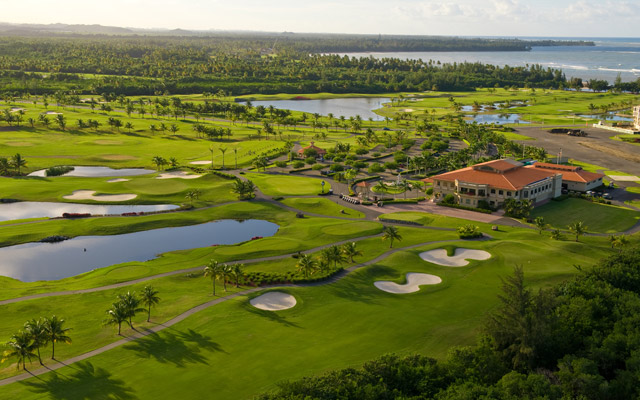
Reuters – Reporting by Hilary Russ; Editing by David Gregorio
Trump International Golf Course in Puerto Rico was sold to OHorizons Global LLC for $2 million cash and the assumption of contracts, bankruptcy filings showed.
Officially called the Coco Beach Golf & Country Club S.E., the Rio Grande property is one of 17 Trump-branded golf resorts managed by The Trump Organization worldwide.
But Trump himself is neither the owner nor developer of the club, Eric Trump, Donald Trump’s son and executive vice president of The Trump Organization, said in a statement.
The golf club’s developer and owner, construction company Empresas Diaz, licensed the Trump name for the club and has been in default for many months on its obligations to Trump, due to its “financial constraints and a difficult business climate in Puerto Rico,” he said.
The Puerto Rico golf club’s bankruptcy filing listed $9.2 million of assets, including two 18-hole golf courses, a club house, and reserve funds, and $78 million of liabilities.
The Puerto Rico Tourist, Educational, Medical and Environmental Control Facilities Financing Authority issued $26.4 million of tourism revenue bonds in 2011 on behalf of the club, according to securities filings.
For information about other golf courses and residential projects for sale in the Caribbean Adam Greenfader.
Leonardo DiCaprio working with Delos to build eco resort on private island
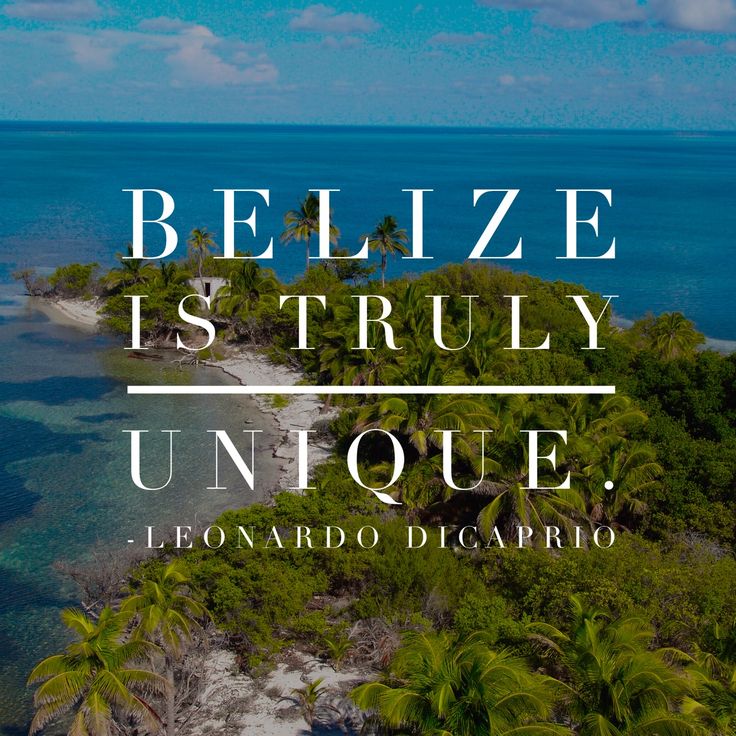
Leonardo DiCaprio has announced that he’s opening an eco resort on his private island in Belize. The actor picked up the 104-acre Belizean island, Blackadore Caye, in 2005 for just $1.75 million.
The planned luxury resort will feature villas on a platform over the water, artificial reefs with “fish shelters” and a nursery growing marine grass to feed manatees, according to Curbed. It is expected to open in 2018.
“The main focus is to do something that will change the world,” DiCaprio told the New York Times. “I couldn’t have gone to Belize and built on an island and done something like this if it weren’t for the idea that it could be groundbreaking in the environmental movement.”
DiCaprio is working with NYC developer Delos to build 68 resort villas and 48 private houses to sell. DiCaprio owns a unit in the Delos Living building at 66 East 11th Street.
The units will cost between $5 million and $15 million. Jason McLennan, author of “The Philosophy of Sustainable Design,” has been tapped to design the project. [Curbed] – Christopher Cameron
Say Belize, please, for bargains on Caribbean luxury
By The Real Deal
Belize is an under-the-radar bargain in the market for Caribbean real estate, according to a new report by an affiliate of Christie’s International Real Estate. Christie’s affiliate Sancas Realty suggests in its report that Belize has the potential to become a leading destination for wealthy buyers of luxury villas and beachfront homes.
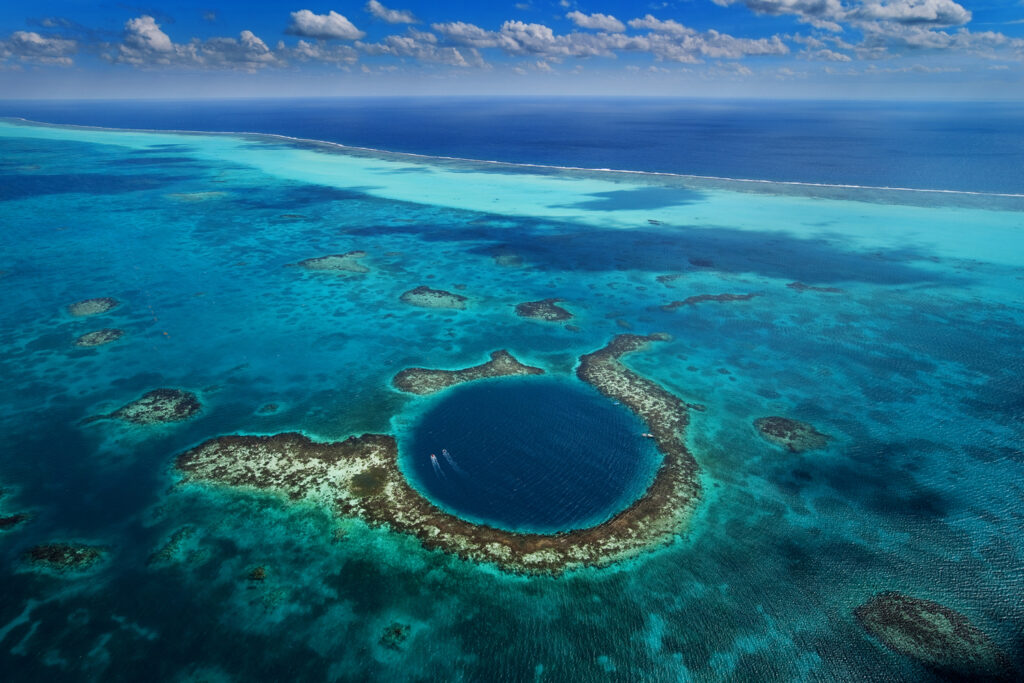
The report detailed several lures of luxury homes in Belize. For starters, the fixed exchange rate of the Belizean dollar against the U.S. dollar is two-to-one. Gil Castillo, president of Sancas Realty, said in the report, “American buyers can be assured that their investment in Belize real estate will continue to appreciate on pace with the U.S. dollar.” Luxury homes in Belize have an average price under $1 million. Starting prices for luxury homes in markets worldwide average $2 million, according to Christie’s, which relies on local standards to define properties as luxury homes.
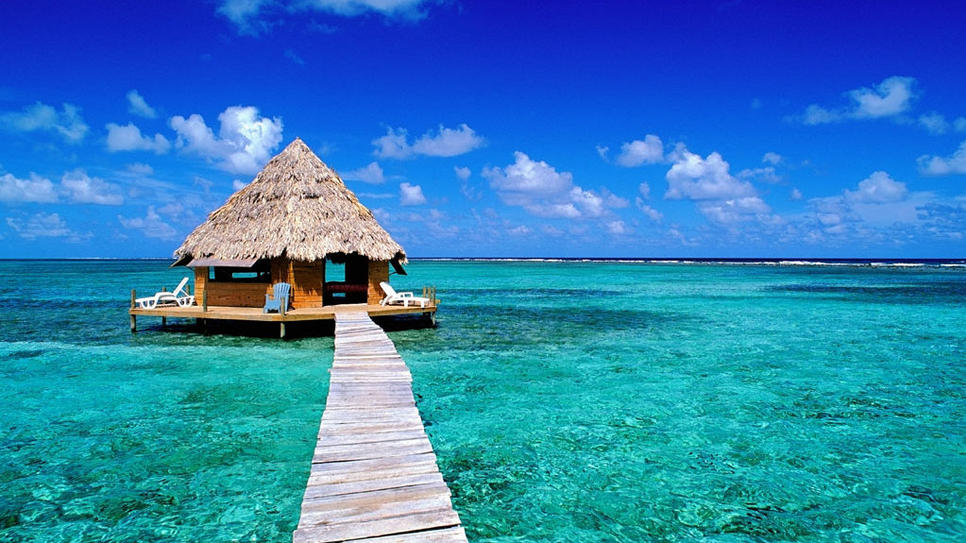
Infrastructure upgrades and low property taxes in Belize also have supported the development of luxury homes there. Major air carriers have added flights to Belize from hub cities including Panama City, Panama, as well as Los Angeles and Houston.
Sancas Realty also reported that foreign nationals already account for 95 percent or more of the luxury-home purchases in Belize in beachfront locations.
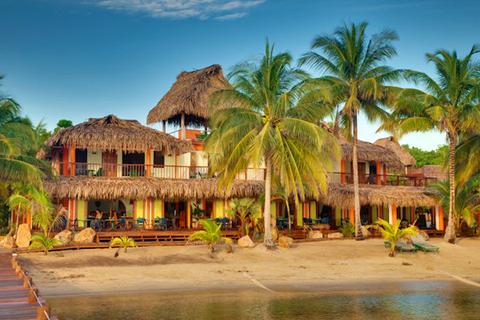
Dolphin Capital Investors has launched sales for luxury villas in the Dominican Republic
By Katherine Kallergis, The Real Deal
Miami Beach-based Pierre Charalambides of Dolphin Capital Investors has launched sales for luxury villas in the Dominican Republic – and is looking to lure New York and local buyers. Charalambides, co-founder and managing partner of London-based Dolphin Capital is leading development of the 200-acre Amanera resort and villas, part of a long-term 2,400-acre project in Playa Grande. The resort, which opened at the end of November, features access to a 180-acre golf course, club house, spa and health club, restaurant and outdoor activities. The Amanera resort and villas are part of the first phase. “If the first phase does not go exactly as planned, and you have a lot of land around it, you have a lot of room for error,” Charalambides told The Real Deal.
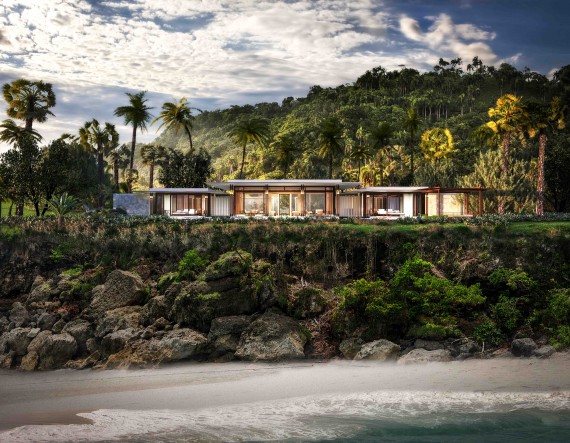
The villas, priced from $4 million to $8 million, range from 2,400 square feet to 8,600 square feet.
Buyers will have the option of joining the hotel rental program. “We know owners [of a nearby resort] that make $600,000 to $1 million on rental villas a year,” Charalambides said. He’s sold five of 35 villas and expects to sell out within the next three years, and said the units offer a value as compared to South Florida and the Northeast. “We think the opening coincides with a great time in the market. Prices in Miami and New York are very high,” he said. Dolphin Capital, with regional offices in the South-of-Fifth neighborhood of Miami Beach, and listed on the London stock exchange, has a $150 million investment in the project. That includes about $50 million in debt. The deposit structure is 40 percent to purchase the lot and receive a title, then the remaining 60 percent in three installments. From start to finish, each villa takes about 18 to 24 months to deliver. So far, the biggest demand is from the finance industry in New York, he said. But the firm is also targeting high net-worth individuals from West Palm Beach and Miami. According to a Knight Frank wealth report released earlier this year, Miami has become a hot spot for the wealthy, and will remain among the world’s top 10 cities for the super rich through at least 2025. Underlying that is the demand for luxury properties. “Obviously, there’s less reason to leave Miami to go to Dominican Republic. [But] the more Miami prices are rising now and the more the city is becoming more and more [congested], it becomes more of an escape,” he said.

